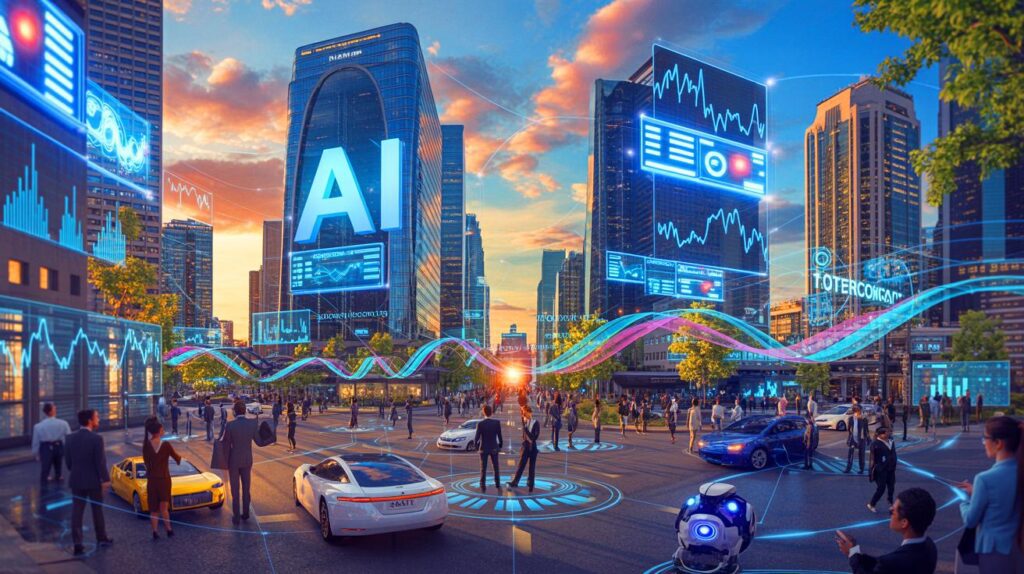The U.S. economy is increasingly dependent on the artificial intelligence (AI) industry to sustain growth amid various challenges like rising utility costs, stagnant job growth, and increased imported goods prices. Financial experts estimate that AI investments could account for 40% of U.S. GDP growth by 2025, highlighting its key role in stock market performance and economic activity, especially among the wealthy.
However, this shift raises concerns about economic disparity, as the top 10% of earners now account for 50% of consumer spending, sidelining middle and lower-income groups struggling with stagnant wages and rising living costs. While AI promises productivity gains, it also puts pressure on the sector to deliver results that maintain economic momentum. Potential underperformance could lead to severe consequences for the broader economy.
Despite its promise, the reliance on AI brings questions about sustainability and the need for diversified economic growth strategies to mitigate risks from dependence on a single industry.
Source link


